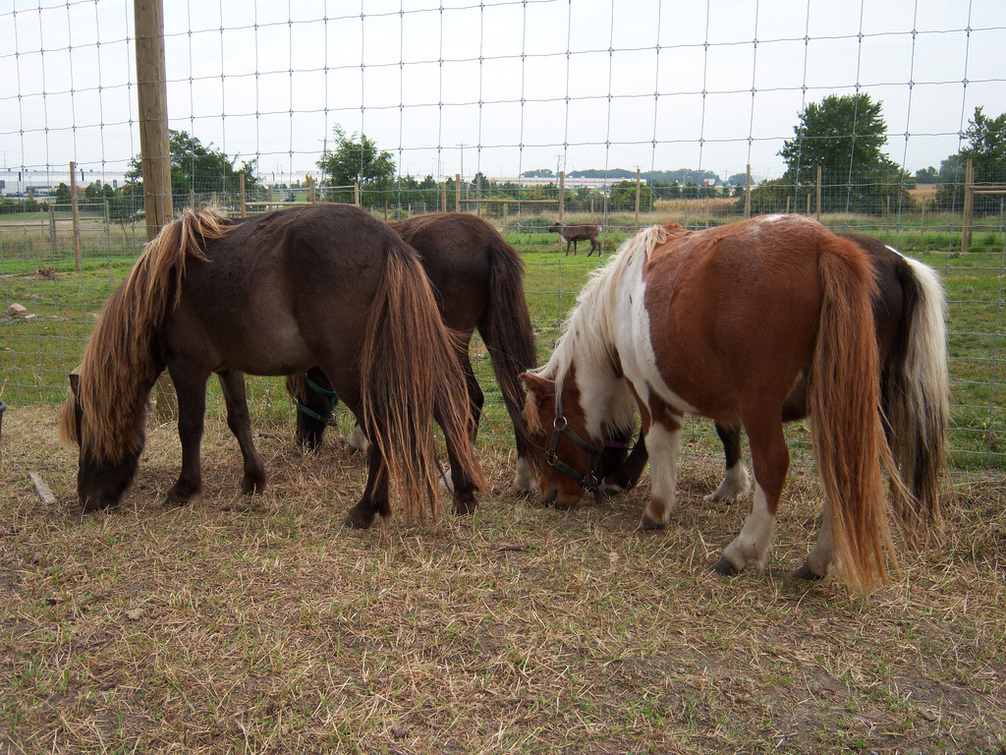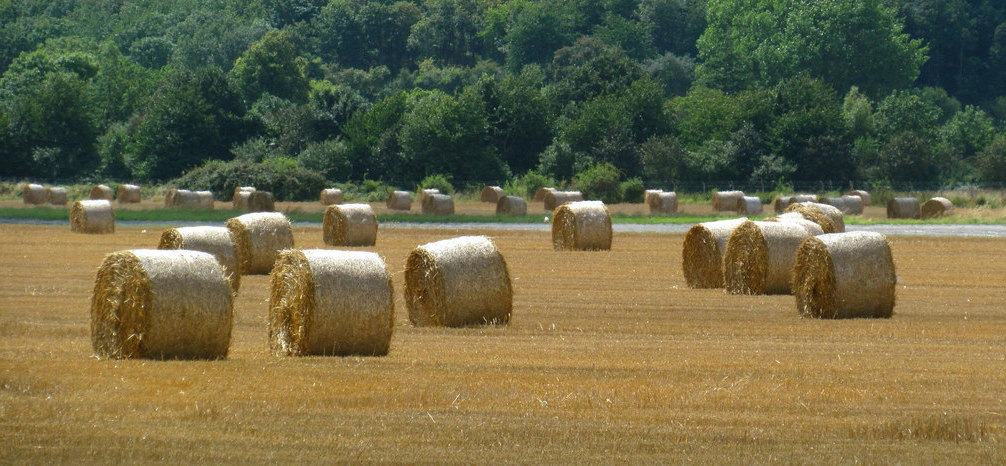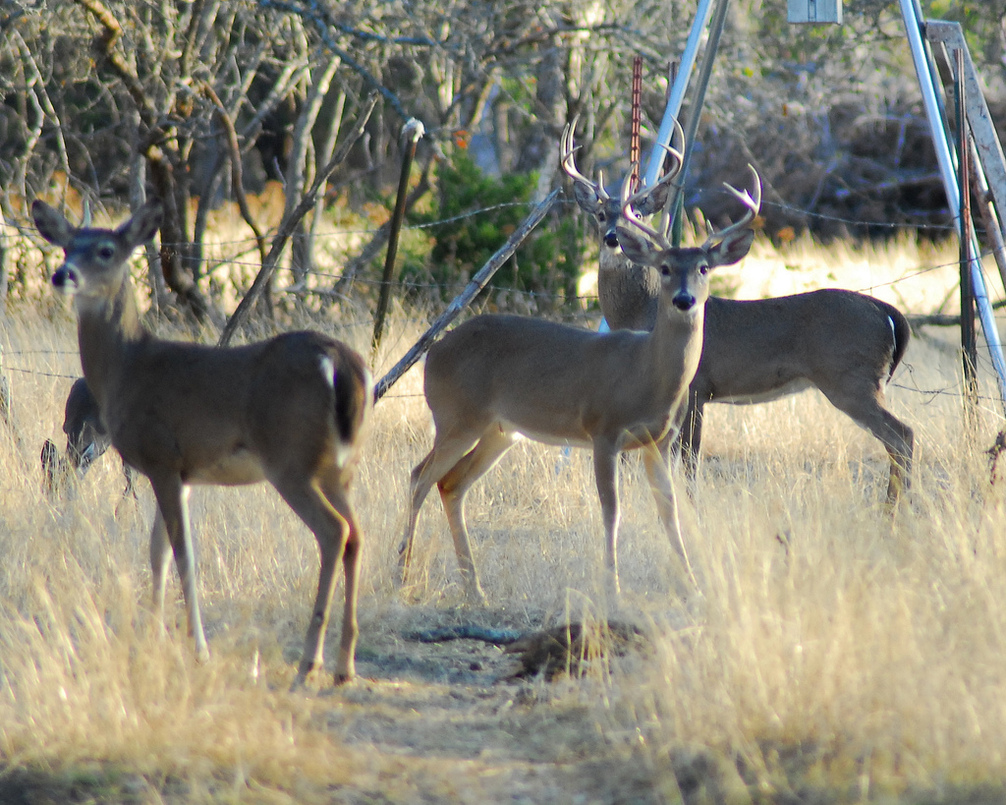Monetizing the Ranch
Moving out of the suburbs and into the country was a huge financial decision for our family. While the cost of living in our rural community is certainly cheaper, opening a full-fledged horse farm proved quite expensive. My husband owns a real estate development company based out of San Antonio, so we’re close enough for him to commute in when he needs to, but we knew the ranch needed to make money on its own. There were several ways we were able to monetize our land, and we have some additional plans in the works:
Horses

While we do have a separate entity for our non-profit horse therapy program, the ranch does breed and sell horses for profit as well. As therapy animals increase in popularity, the demand for certified therapy miniature horses has skyrocketed. These gentle and curious creatures nuzzle their way into the hearts of all, making them ideal companions and service animals. We work to place our therapy horses in homes where they can have a huge impact on people’s lives, whether in public service or just in the home of a private citizen needing some extra affection. In recent years, we have placed horses in police departments for use in therapy with women and children who are victims of domestic violence and abuse, in senior care centers to provide extra companionship to elderly patients, to child psychologists who use the horses in therapy with young patients, and to the visually impaired, among others. While we are a business, we feel so blessed that the horses we sell also give so much life to their new owners.
Hay

We are able to harvest hay off of our own land to provide most of the feed that our horses need. Any extra hay, we bale and sell. While hay doesn’t sell for a huge profit, it does help defray the cost of any supplemental food and supplies needed for the the horses.
Agricultural Tax Exemption
Like my dad always said, “a penny saved is a penny earned”. The State of Texas offers some pretty significant tax savings to farmers and ranchers, which fall into two main categories:
- Reduced agricultural appraisal rates: Texas land used for agricultural purposes is valued at a lower price than the typical market value of the land, resulting in a reduced property tax for landowners. Our land definitely meets the requirements for these favorable property tax rates since we have multiple agricultural activities taking place.
- Sales & use tax exemption: Any farm/ranch related purchases of supplies or motor vehicles are exempt from sales and use tax.
The favorable agricultural tax treatment certainly helps us save money!
Leasing Land

We really have more land than we ever needed (miniature horses only get so big), so we lease out pieces of our property for hunting and ranching. Needless to say, hunting is huge in Texas, and the north side of the property had some existing deer blinds and a small hunting shack far removed from anywhere the kids or horses might roam. The prior owners also rented out the deer lease, so we allowed their lessees to continue leasing from us as well, giving us a steady stream of income from turkey season through deer season. The south side of the ranch has abundant coastal grass that local ranchers rent from us to graze their cattle on.
Barn
Remember that old barn? Well, now that it’s vacant of horses, we have plans to transform it into a rustic wedding and event venue, and hope to even one day have an onsite caterer and garden. We’ve started working with architect out of San Antonio who specializes in barn restoration and plan to open the doors in spring of 2018. It will take lots of hard work to rid the barn of horse smell and make it people friendly, but I think the final result will be worth it!
Oil
We paid a pretty penny for the acreage we acquired, but were fortunate that the surface and mineral estates passed to us intact. In Texas, it’s common for landowners to sell mineral rights under their property since these can be sold separately for a pretty hefty profit. We noticed several of our neighbors had oil derricks pumping on their land, so we got in contact with a major mineral buyer out of Austin to explore drilling on our land. In short, we were told we could either take a lump sum and sever the mineral rights from the surface estate or lease the mineral rights and receive rent and royalty payments. We have yet to reach a conclusion on this because we want to ensure that if drilling does occur, it happens in an environmentally-conscious way that won’t affect the horses.
